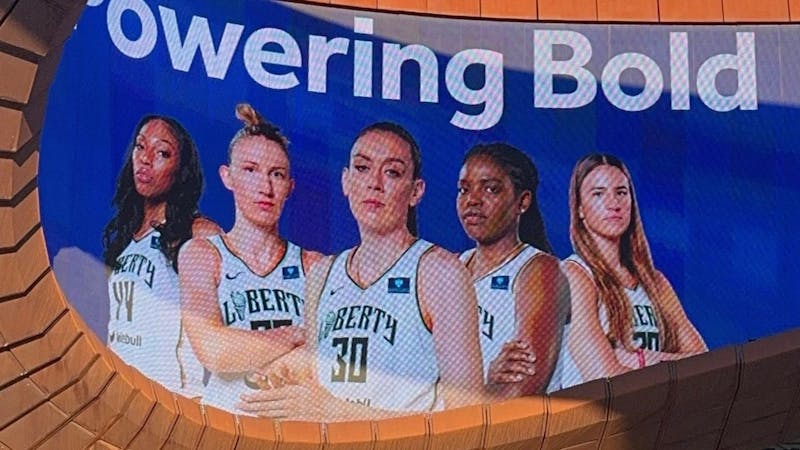The Women’s National Basketball Association (WNBA) is experiencing significant growth, yet players are expressing mounting frustration regarding salary negotiations. As the league continues to attract large crowds and record viewership, players are advocating for a fair share of this success. The current discussions surrounding the Collective Bargaining Agreement (CBA) could lead to a work stoppage if an agreement is not reached.
The WNBA’s popularity has surged over the past two years, driven in part by new talent such as Caitlin Clark, Angel Reese, and Paige Bueckers. This influx of talent has not only elevated the league’s profile but also garnered renewed respect for established players like A’ja Wilson, Alyssa Thomas, and Napheesa Collier. As the league grows, players are pushing for changes that reflect this expansion, particularly in terms of salary and working conditions.
The current CBA was established in 2020 and is meant to last until 2027. However, the players opted out of this agreement, citing that their salaries have not kept pace with the league’s growth. According to Nneka Ogwumike, president of the Women’s National Basketball Players Association, “The players are still adamant that we get a percentage of revenue that grows with the business.” Currently, players receive only about 9% of league income, with salaries accounting for less than 7% of revenue, in stark contrast to the 50% share NBA players receive.
Negotiation Challenges and Player Advocacy
In addition to salary issues, players are advocating for better working conditions, including charter travel and enhanced safety measures. The league has faced challenges regarding its leadership and officiating, prompting players like Napheesa Collier to take a stand. During the 2025 All-Star Game, she organized a display featuring shirts that read “Pay Us What You Owe Us,” highlighting the frustration felt among players.
The tension escalated during game three of the 2025 WNBA semifinals when Collier suffered a serious ankle injury. Following the game, Cheryl Reeve, head coach of the Minnesota Lynx, was ejected and later suspended for her outburst regarding officiating inconsistencies. This incident, coupled with ongoing CBA discussions, led Collier to voice her concerns publicly. She stated, “We have the best players in the world. We have the best fans in the world. But right now, we have the worst leadership in the world.”
Collier criticized the league’s leadership for their indifference towards the product on the court, branding it as “self-sabotage.” She revealed that during discussions with WNBA Commissioner Cathy Engelbert, Engelbert dismissed concerns about officiating, saying, “only the losers complain about the refs.” Furthermore, Collier described a moment where Engelbert suggested that players should be “on their knees” in gratitude for the platform the WNBA provides.
Impact of Leadership and Future Directions
Following Collier’s remarks, support for her stance surged from players and coaches alike. A’ja Wilson expressed her disgust at Engelbert’s comments during a press conference, commending Collier for her representation of the players. Social media echoed this sentiment, with Angel Reese commenting positively on Collier’s statements. Even Stephanie White, head coach of the Indiana Fever, praised Collier for her bravery in speaking out.
Engelbert has since denied Collier’s allegations and stated that she has no intention of resigning. Her recent appearance at the Las Vegas Aces championship trophy presentation was met with boos from the crowd, signaling a shift in public sentiment regarding her leadership.
Players, coaches, and fans are calling for comprehensive reforms within the WNBA, emphasizing that without accountability and improvements in officiating and leadership, the league’s growth may stall. While discussions focus on salary caps and free agency, the stakes are much higher.
As the WNBA stands at a critical juncture, players are not merely seeking higher wages; they are demanding respect for the women who drive the league’s success. These negotiations extend beyond the current roster, impacting future generations of female athletes. The league’s future hinges on recognizing the importance of its players and the dreams they inspire. The WNBA is more than just a sport; it represents a movement that challenges norms and paves the way for young girls to pursue their ambitions in basketball and beyond.







